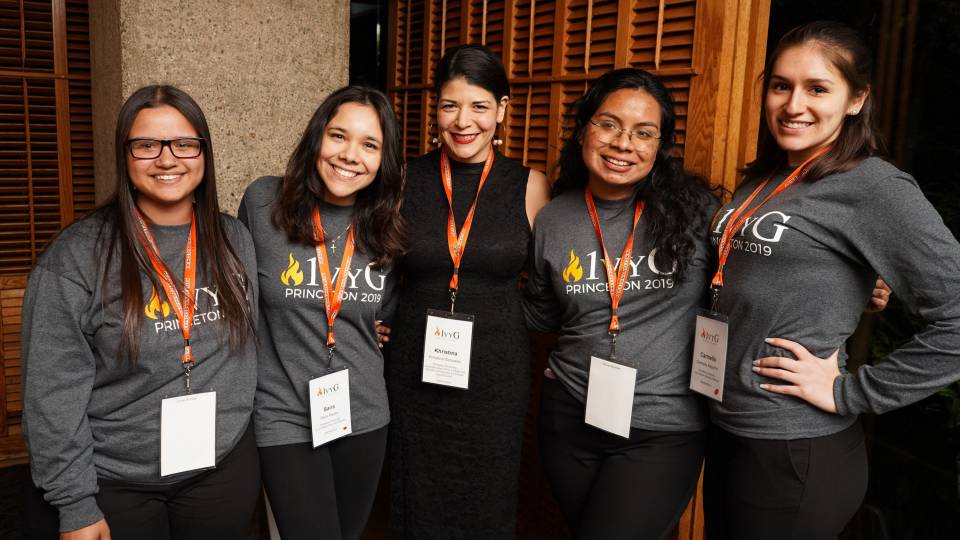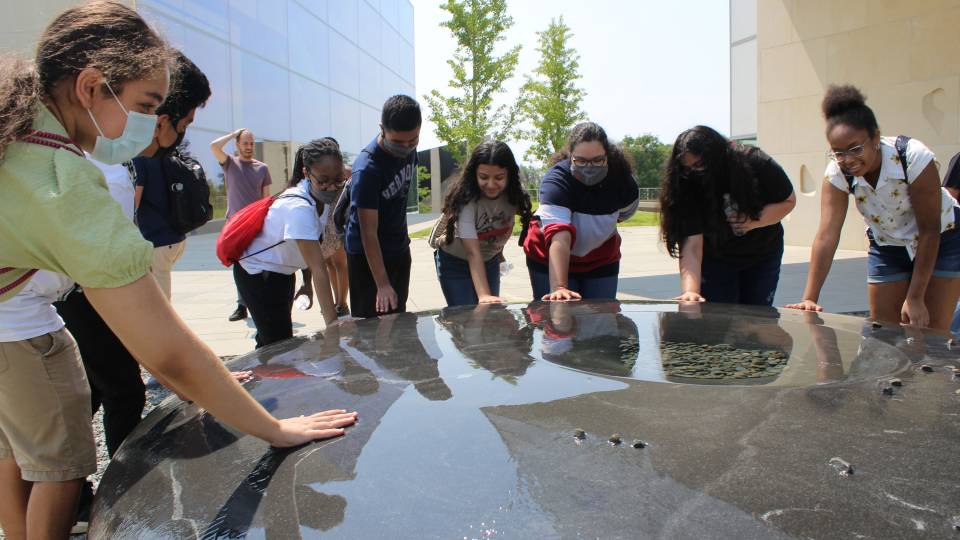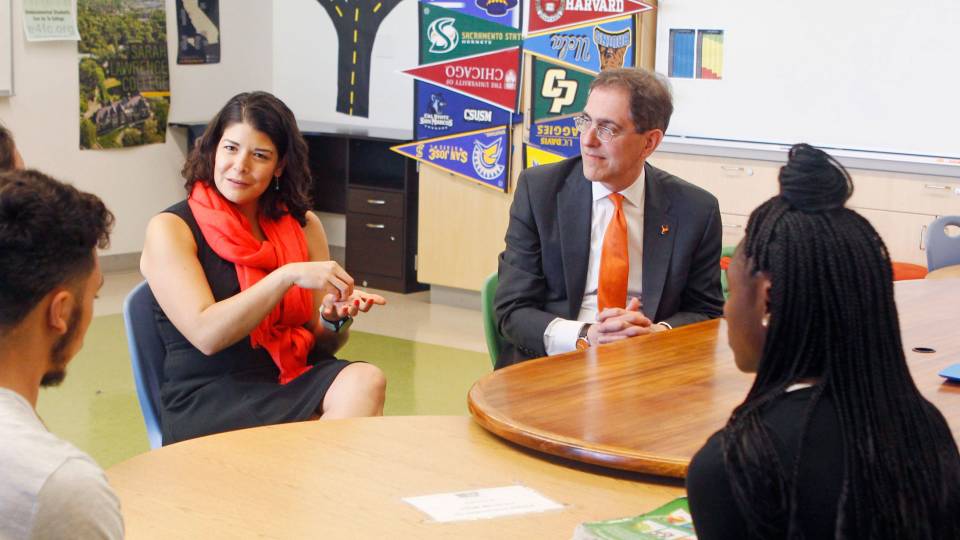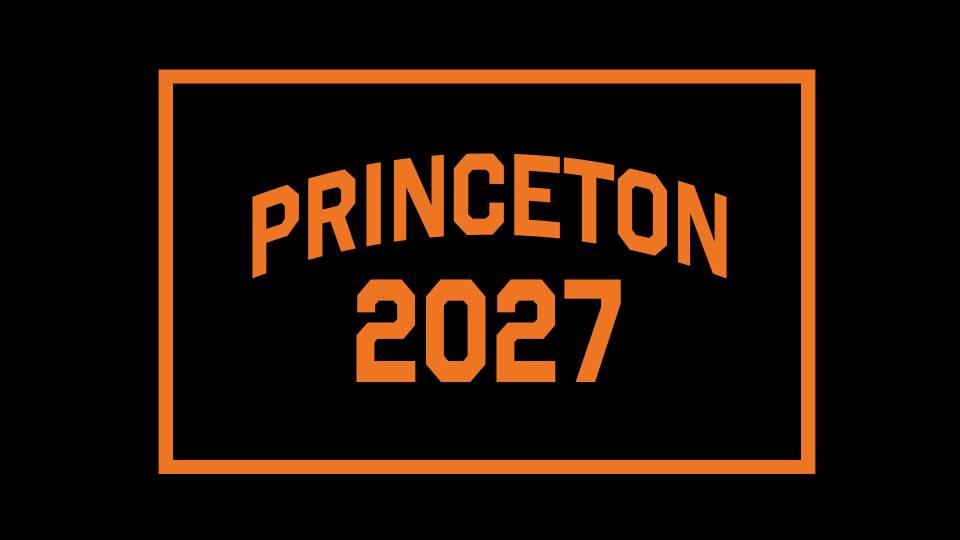A working group on undergraduate socioeconomic diversity, chaired by Dean of the College Valerie Smith, has issued a broad set of recommendations designed to improve academic achievement and create a more inclusive and supportive campus climate for the benefit of all undergraduates. Initially appointed by former President Shirley M. Tilghman, the working group included five faculty members and six administrators representing various segments of the campus community.
The group found that Princeton University's admission and financial aid policies have enabled students from across the socioeconomic spectrum to participate fully in the academic and residential life of the University, and that students from all income groups report high levels of satisfaction with their undergraduate experiences. Lower-income students participate in programs and access services to the same degree as higher-income students and achieve academic results comparable to other students with similar academic credentials.
At the same time, the group identified academic challenges experienced by students in all income categories, some of which have a disparate impact on students from lower-income backgrounds if they graduated from high schools with less sophisticated college preparatory courses. It also found that while students from lower-income backgrounds take advantage of extra- and co-curricular activities and participate actively in campus residential life, financial constraints can make them more likely to forego some activities and to feel less fully accepted on campus than higher-income students.
President Christopher L. Eisgruber thanked the working group for its recommendations.
"The working group has reaffirmed Princeton's deep commitment not only to enrolling students from a full range of socioeconomic backgrounds, but to doing everything it can to ensure that students from all backgrounds thrive at this University and take full advantage of all the opportunities it offers both inside and outside the classroom," Eisgruber said. "Its recommendations suggest a number of ways that we can do an even better job of supporting all of our students, and especially students who arrive at Princeton with gaps in their academic preparation or who, even with Princeton's very generous financial aid programs, face greater financial constraints than some of their classmates.
"Some of the recommendations are already being implemented, and Dean Smith and her colleagues are pursuing some of the others," Eisgruber noted. "Some of the recommendations would require additional consideration before we could decide whether to proceed with them, and in some cases we would need to raise the necessary funds."
The recommendations of the working group are grouped into five categories, as follows.
Catalyze academic achievement at the highest levels and reduce curricular obstacles to academic success
- Create a named scholars program to nurture aspirations of high-achieving lower-income students through faculty mentoring, community building, and expansion of academic and professional opportunities.
- Expand the McGraw Center for Teaching and Learning to better support student learning and to acknowledge more broadly the challenges of learning in the Princeton context.
- Create a sophomore initiative (a critical reading course, boot camp or summer program, for example) to prepare students for the transition to independent work.
- Consider alternate systems for measuring academic performance in the freshman year, for example by "covering" first-year grades (providing students with grades but reporting on their transcripts only whether they passed or failed the course) or weighting first-year grades less heavily.
STEM-specific recommendations
- Build on existing programs and initiatives such as the Council on Science and Technology and the 250th Anniversary Fund to encourage faculty to develop transformative teaching strategies that enhance the learning of students from underserved backgrounds in STEM fields.
- Explore the use of technology and online modules to improve retention in STEM fields.
- Develop and support enhanced STEM-specific offerings in the Freshman Scholars Institute (FSI).
- Offer summer versions of gateway STEM courses to create more pathways into STEM study.
Centralize resources and coordinate campus partners
- Form a standing committee of administrators charged with considering policies that affect the educational and social experiences of lower-income and first-generation students and, when necessary, the circumstances of individual students.
- Create online resources that will make transparent available resources for students from all backgrounds, but particularly lower-income and first-generation students (for example, emergency funding, peer mentoring, etc.).
- Centralize systems for monitoring students' academic difficulties.
Build a more inclusive campus culture and supportive climate
- Train faculty academic advisers and college staff, including residential college advisers, to better recognize and manage issues of socioeconomic diversity.
- Include socioeconomic diversity in freshman orientation diversity programming.
- Highlight the existence of courses that address issues concerning social and economic inequality.
- Incorporate some sensitivity to socioeconomic diversity in residential housing assignments.
- Create a robust mentoring network of peers, faculty, administrators and alumni, and leverage this network to raise campus awareness of socioeconomic diversity.
Bridge the gap between Princeton and home communities
- Survey the needs of college access partners such as Gates Millennium Scholars and Leadership Enterprise for a Diverse America (LEDA) and devise a set of procedures for the University to follow in working and communicating with these organizations.
- Extend the reach of Freshman Families Weekend by streaming events live and making archived videos available afterwards.
- Ensure that panels during Families Weekend and Princeton Preview include socioeconomically diverse students and address concerns most pressing to less prosperous parents.
- Host receptions in major metropolitan areas during Families Weekend to involve families who are unable to travel to campus.
- Revise existing and create new online resources for families of lower-income and first-generation students and consider translating these materials into other languages.
"Conversations with the working group made it clear that coordinating and making more visible the many resources we already offer is an important next step, and I look forward to building on the initiatives we have already undertaken," Smith said. "But we also need to do everything we can to embrace the opportunities an increasingly socioeconomically diverse community presents to enhance the quality of the education we provide and the richness of the experience for all who study and work on this campus."
Questions about the recommendations can be addressed to Smith or to Associate Dean of the College Diane McKay, who staffed the working group.



